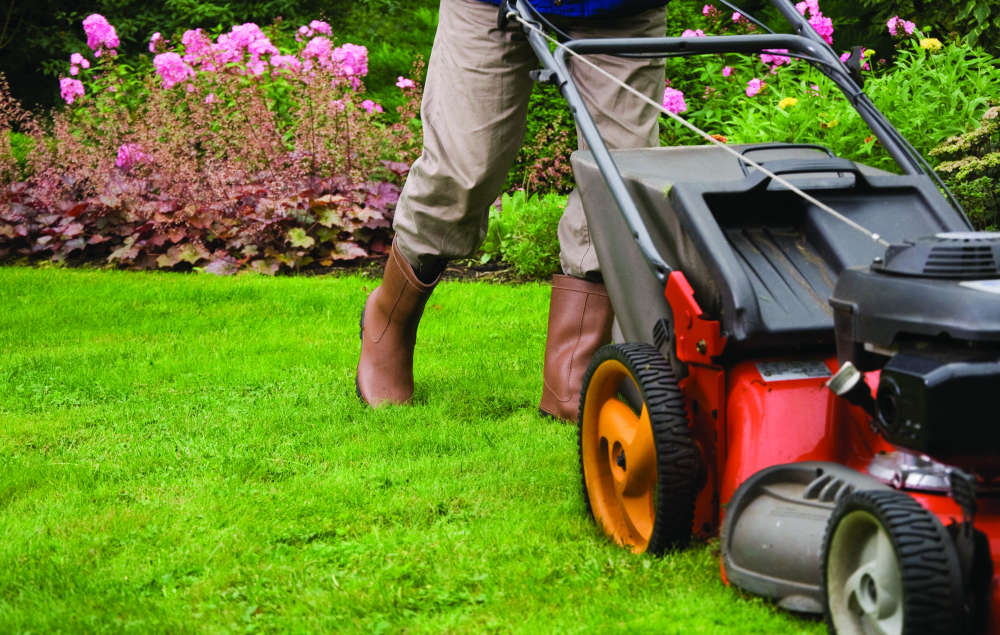
The horticultural world abounds with bad advice and old wife’s tales, but some pronouncements are scientifically sound, says Flo Whitaker, as she asks, “True, or false?”
Water droplets scorch leaves – never water plants when it’s sunny: False. In warm conditions, raindrops soon evaporate, resulting in zero/minimal damage. Plants are tough characters – they’ve evolved to cope with weather extremes. A hot summer sky may suddenly change to thundery, torrential rain, then the boiling sun comes out again – and nothing dies. However, casually splashing water about is wasteful, and some plants, particularly greenhouse dwellers such as cacti, pelargoniums and tomatoes, dislike getting their leaves wet. A protective greenhouse environment is, ironically, a place where scorching may occur, usually when wet foliage touches hot, sun-baked glass. So, as a general rule, water plants at soil level, enabling them to quickly take up moisture where they need it.
Digging is good: False. For years I’ve been labelled a 'Lazy Gardener', due to my 'Dig only if absolutely essential' philosophy. Now, (hopefully) attitudes are changing and no-dig methods are being increasingly used in commercial farming. Soil is an amazingly complex, fragile environment – leave it alone!
Parsnips and sprouts taste better after the first frosts: True. When subjected to stress, (cold weather, for instance) the chemical composition of maturing fruits and vegetables changes. Starchy compounds become sugary as crops endeavour to preserve themselves. Long-stored cooking apples often need less sugar to make them palatable and old carrots, when roasted, exude a syrupy glaze – yum!
You should pee on your compost heap: False. Listen carefully, chaps, (yep, it’s always blokes that obsess about this). Although urine has a high nitrogen content, which assists the breakdown of plant fibres, there are better ways to make good compost. Nitrogen is primarily found in ‘sappy’ materials, such as grass clippings and young weeds, but, unlike urine, plants also add essential minerals and humus-rich bulk to the heap, (if you suspect your pee is humus-rich, seek medical assistance immediately). Used pet bedding is full of nitrogen. Straw or wood/paper-based bedding will accelerate the composting process, so chuck it all onto the heap. While you may enjoy a nocturnal garden stroll, your compost heap really doesn’t need your ‘contributions’. Your startled neighbours will also thank you for desisting. Moving swiftly on …
Lawns are low-maintenance: False. You have to weed it, feed it, rake it, aerate it, edge it and mow it, (twice-weekly in summer if you’re after a perfect look). They’re expensive too – you either have to invest in a mower, or pay someone else to cut it. If you want a lawn, then have one, but don’t let anyone kid you they’re labour-saving.
Stroking/talking to plants encourages growth: True. Plants benefit from being gently brushed because movement helps stimulate the formation of sturdy roots. Once upon a time, it was recommended that newly-planted trees should be staked to prevent wind-rock. Nowadays the emphasis is to plant small trees without staking to encourage root development. Plants also absorb our carbon monoxide-rich exhalations and give us oxygen in return. They respond positively to low-level vibrations, so a gentle, quiet voice may be beneficial, but don’t shout, as loud sounds trigger their distress hormones. Awww.
When planting roses, bury banana skins at the roots: False. The internet is over-populated with self-appointed horticultural ‘experts’ who reckon we should behave like maniac squirrels and bury garlic, eggs, bananas, lard and heaven knows what else in our borders. "Bananas are high in potassium!” goes the cry – like that’s necessarily a good thing. Milkshake is also potassium-rich, but you wouldn’t pour it over your roses, (although I knew someone who fed rice pudding to a wisteria). Potassium, nitrogen and phosphorous are the three elements most essential to plant health. Confronted with a banana skin, a plant will swiftly use up localised supplies of other elements, (particularly nitrogen) in an attempt to convert the potassium overload into useable food, thus upsetting the soil’s finely balanced chemistry. Homemade compost is wonderful stuff because it contains well-rotted, diverse materials. Never apply fresh fruit or veg waste directly to plants – throw it on a compost heap. You can also add (nitrogen-rich) coffee grounds and teabags to the heap – although teabags may not compost satisfactorily as some types are constructed using plastic glues.
Salt is a good weedkiller: False. Salt acts non-specifically. Whether a prized plant or annoying weed – it’ll damage everything it comes into contact with. Rain will dissolve salt and wash it into soil, potentially contaminating an area for months. Stick to sprinkling it on your chips. If you must use a weedkiller, use a proprietary product, read the instructions and check weather conditions. Spraying on a sunny day may kill beneficial pollinators and spray droplets can ‘drift’ from the target area in windy weather.
For optimum results, sow seed when the moon is full: True, (probably). The jury’s still out, but there’s increasing evidence for superior seed germination during a ‘waxing’ phase, (a few days leading up to a full moon). Gardening according to the celestial calendar has been practised for millennia. Living in our cossetted 21st century world, it’s easy to forget the moon’s effect on our planet. Its power is most obvious around the time of a full moon, as it pulls oceans and rivers across the earth, creating extreme tidal flows. It probably accelerates the movement of plant sap too – particularly in leafy vegetables. Other environmental factors, such as temperature and pest attack should obviously be taken into account, but perhaps moon gardening isn’t hippy-dippy nonsense after all?
And finally… Parsley only thrives in a household managed by a strong-willed woman: I couldn’t possibly comment …

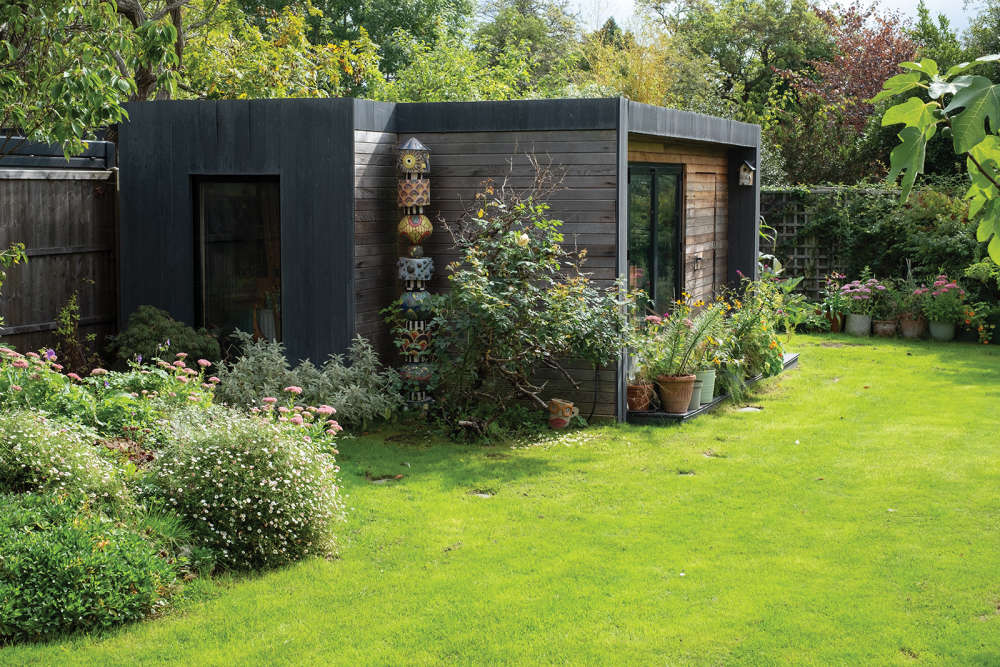 Homes Extra: Shed Space
Homes Extra: Shed Space
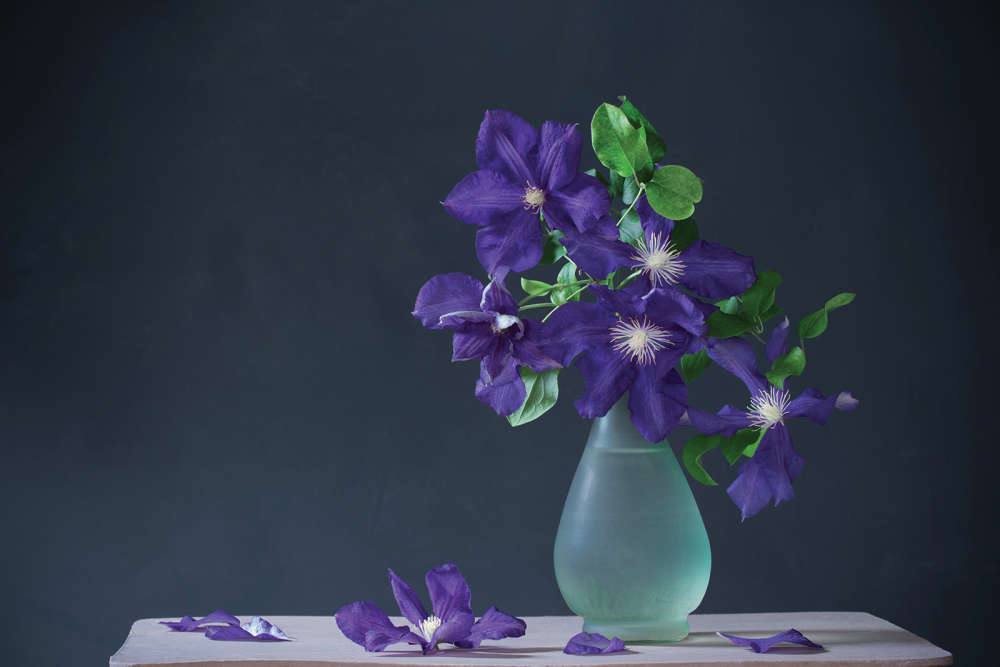 Gardening: Choose a Clematis for Every Month of the Year
Gardening: Choose a Clematis for Every Month of the Year
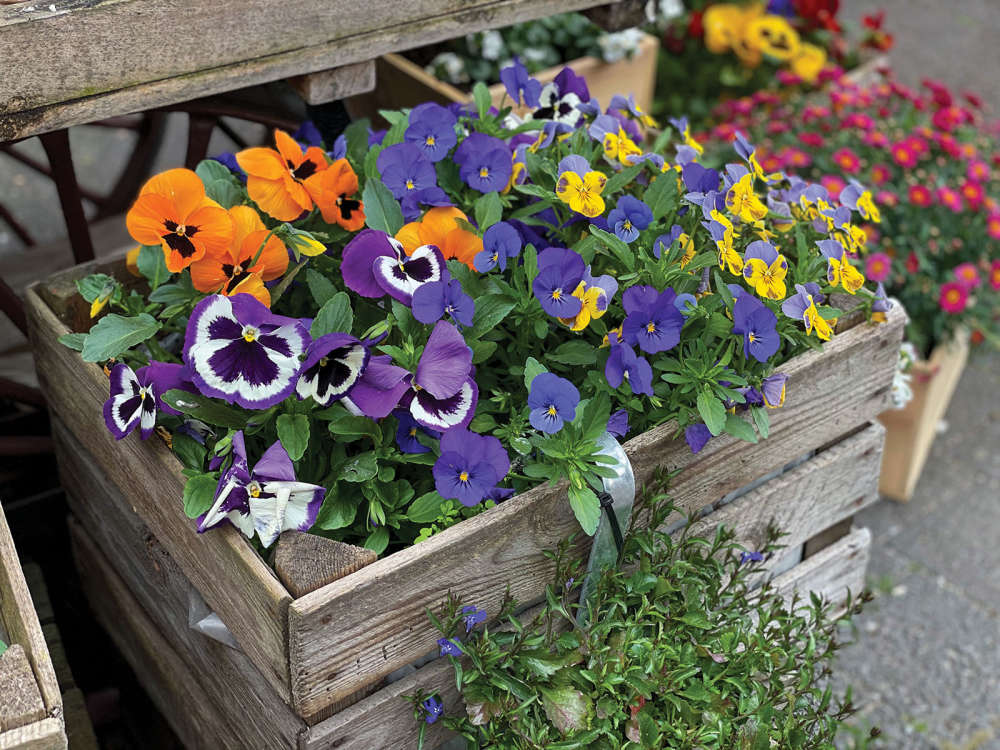 Blooming Times: Top of the Pots
Blooming Times: Top of the Pots
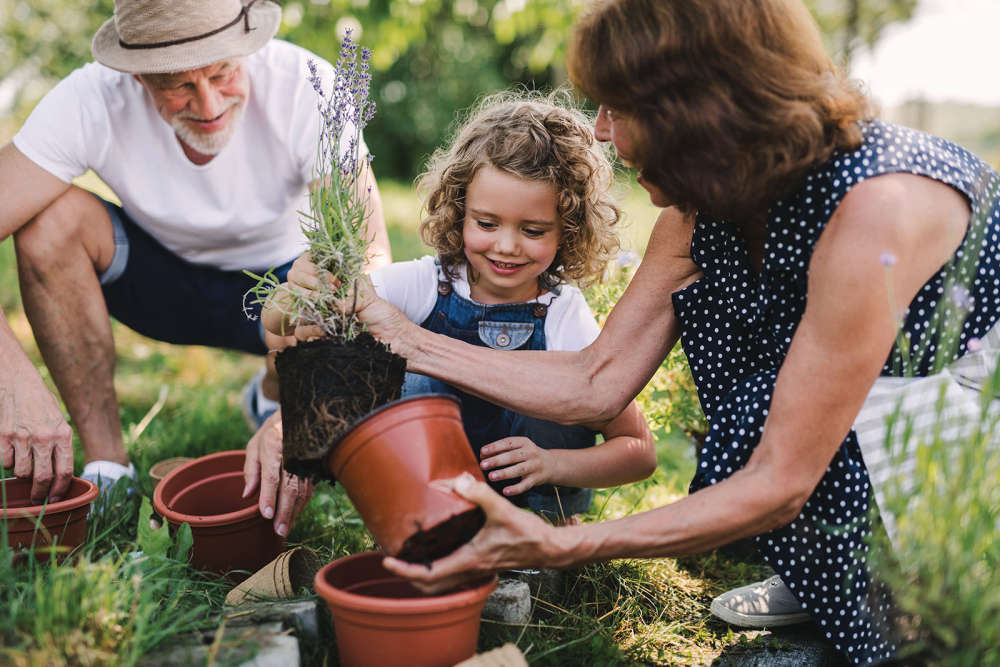 Kids Zone: Get the Kids Growing
Kids Zone: Get the Kids Growing
 Blooming Times: Wisteria Hysteria
Blooming Times: Wisteria Hysteria
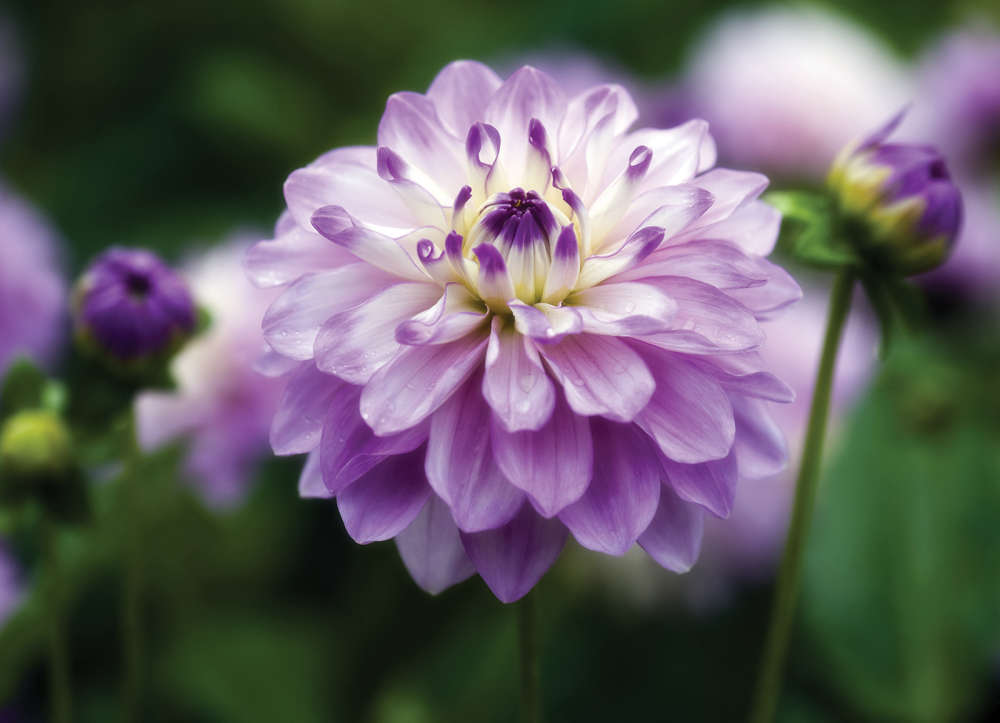 Blooming Times: Dahlia Mania
Blooming Times: Dahlia Mania
 How to Create 3D Walls in Your Home
How to Create 3D Walls in Your Home
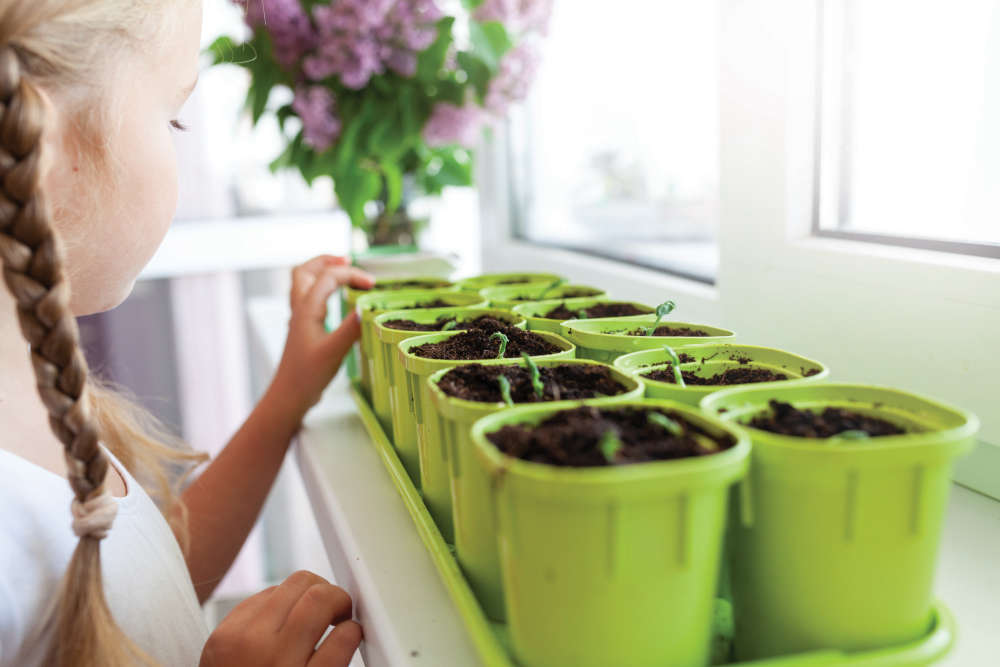 Blooming Times: Spring Fever
Blooming Times: Spring Fever
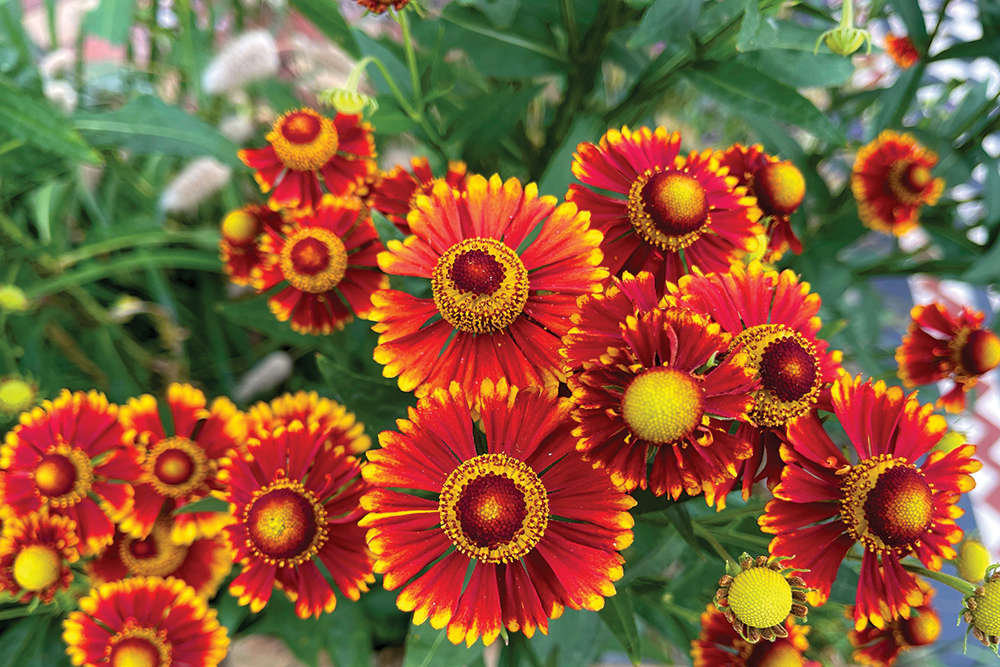 Blooming Times: What's in a Name?
Blooming Times: What's in a Name?
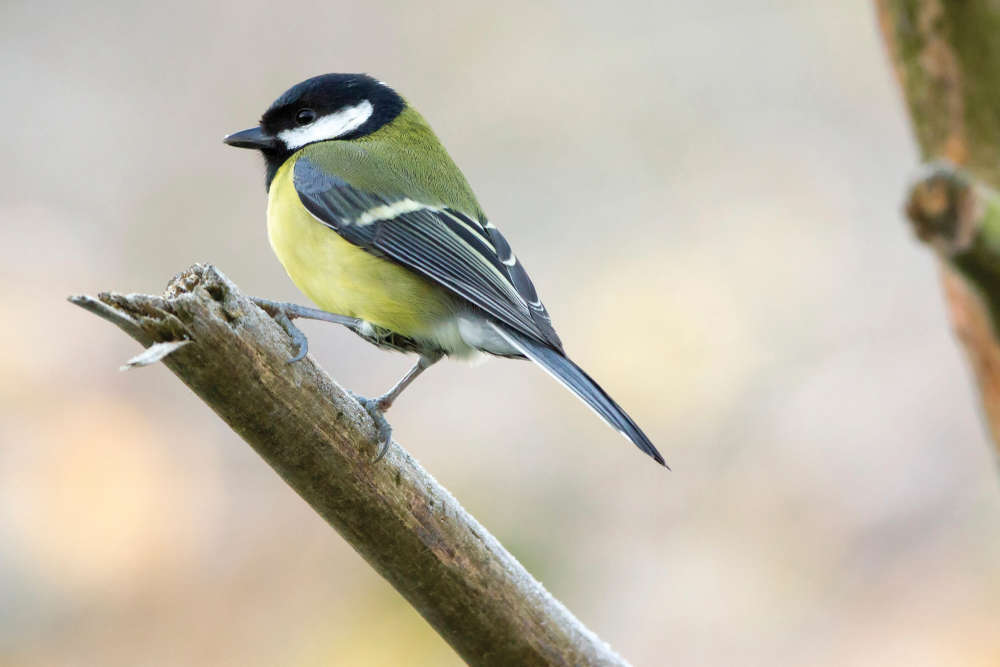 Top 10 Garden Birds to Spot on the Isle of Wight
Top 10 Garden Birds to Spot on the Isle of Wight
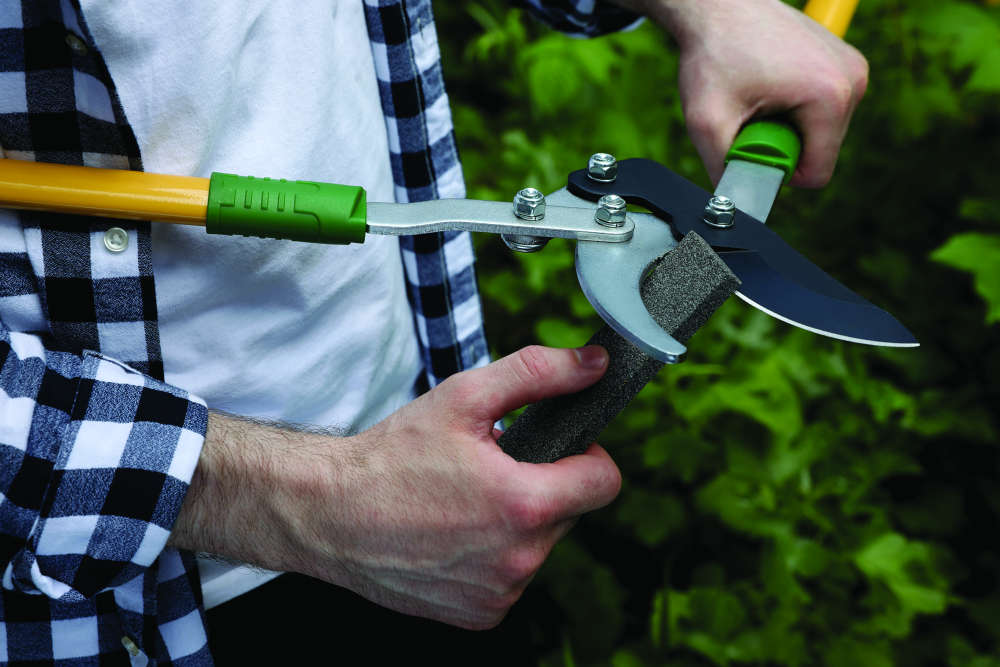 The Best Christmas Gifts for Gardeners
The Best Christmas Gifts for Gardeners
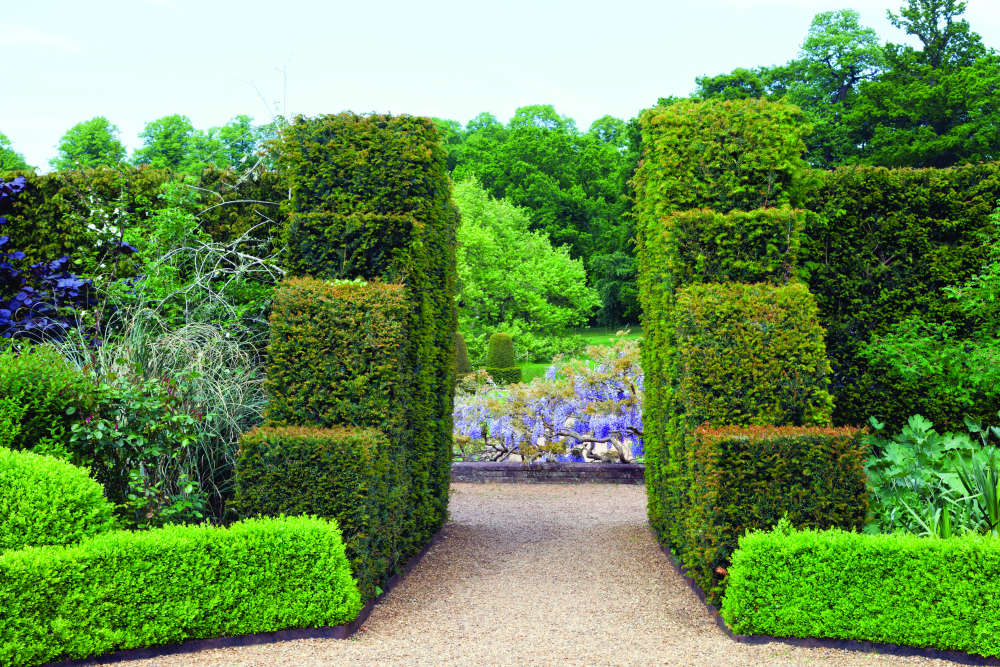 Gardening: The Benefits of Hedges
Gardening: The Benefits of Hedges
 How to Create a Happy Home Workspace
How to Create a Happy Home Workspace
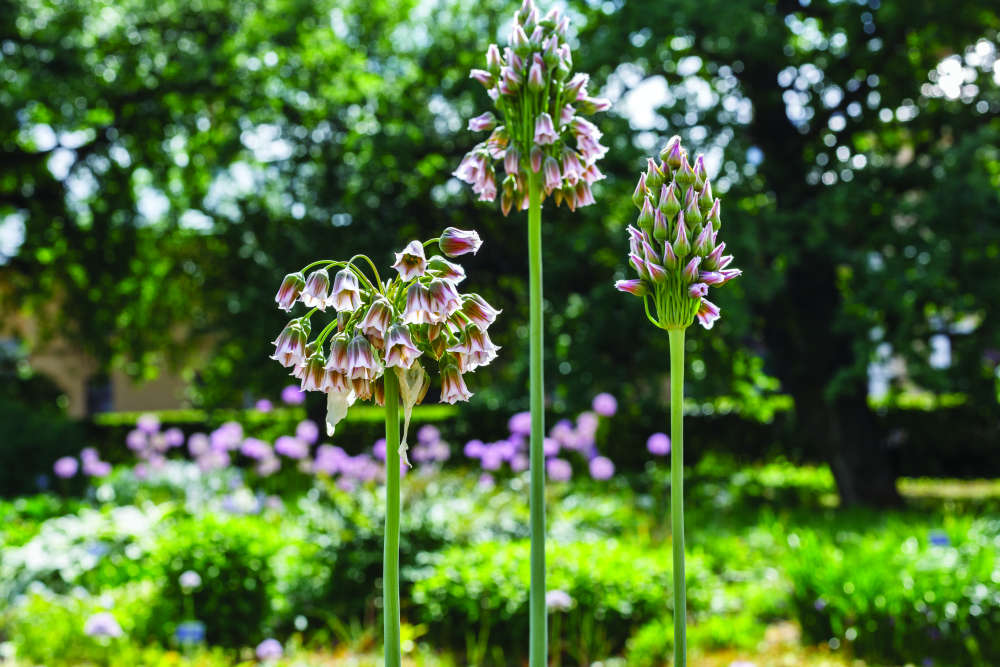 Now's the Time to Plant Alliums for a Spectacular Display Next Year
Now's the Time to Plant Alliums for a Spectacular Display Next Year
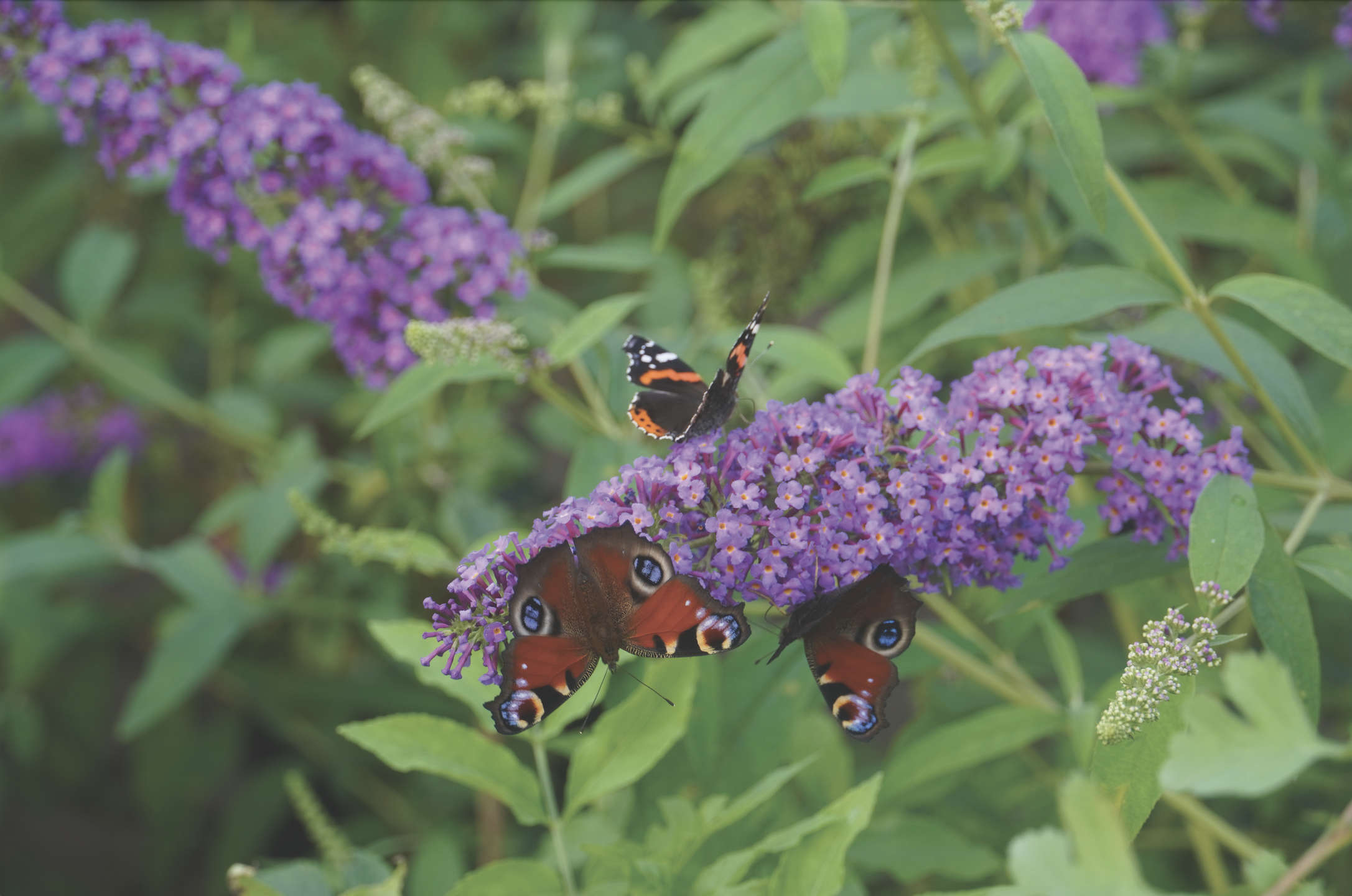 Fill The Gaps in Your Garden With Stunning Shrubs
Fill The Gaps in Your Garden With Stunning Shrubs
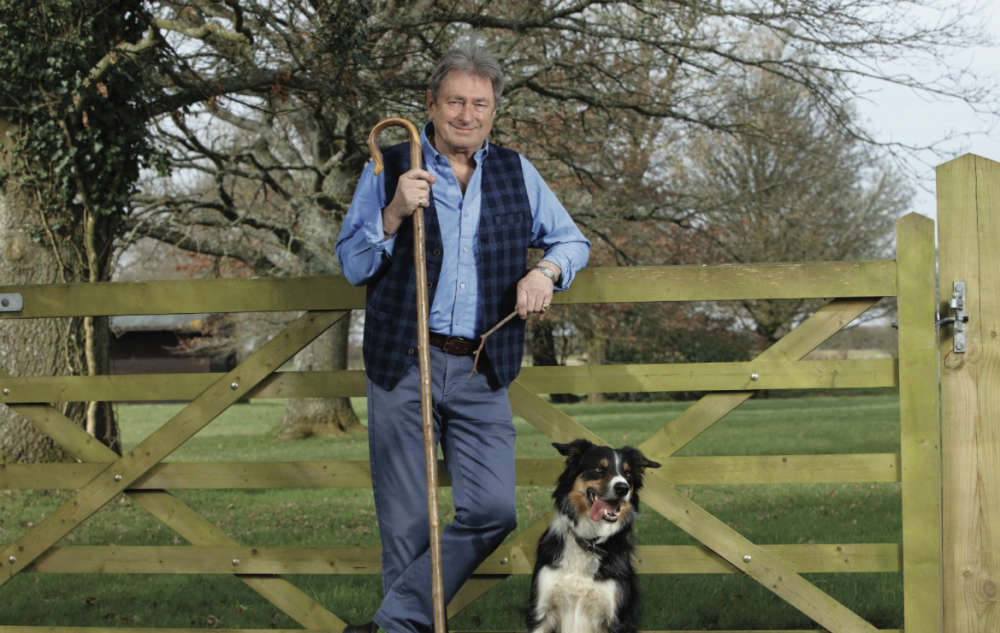 Summer in the Garden: The Alan Titchmarsh Column
Summer in the Garden: The Alan Titchmarsh Column
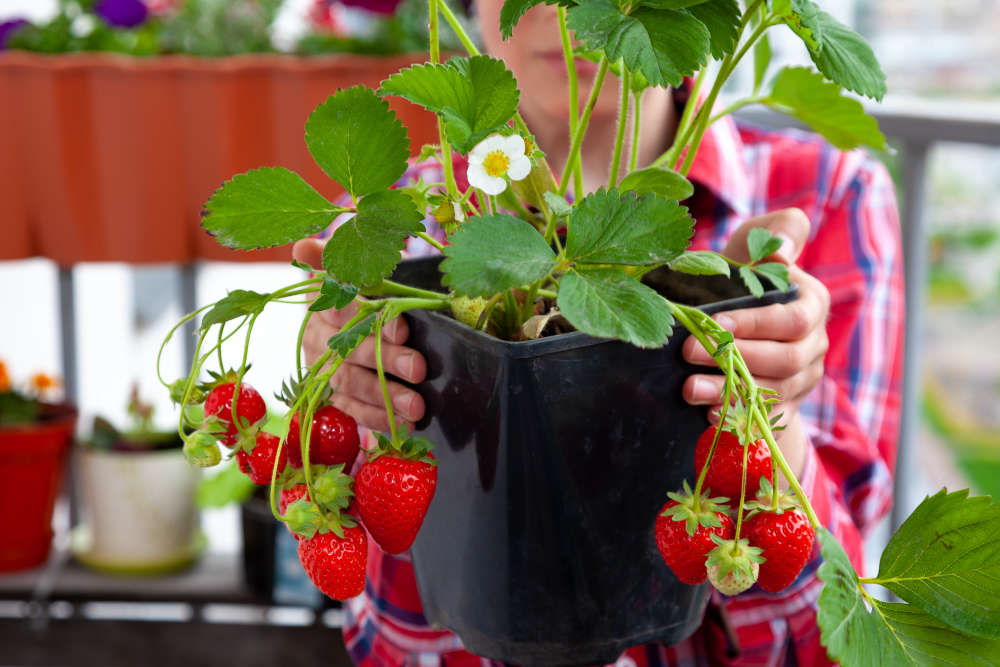 Grow Your Own Strawberries
Grow Your Own Strawberries
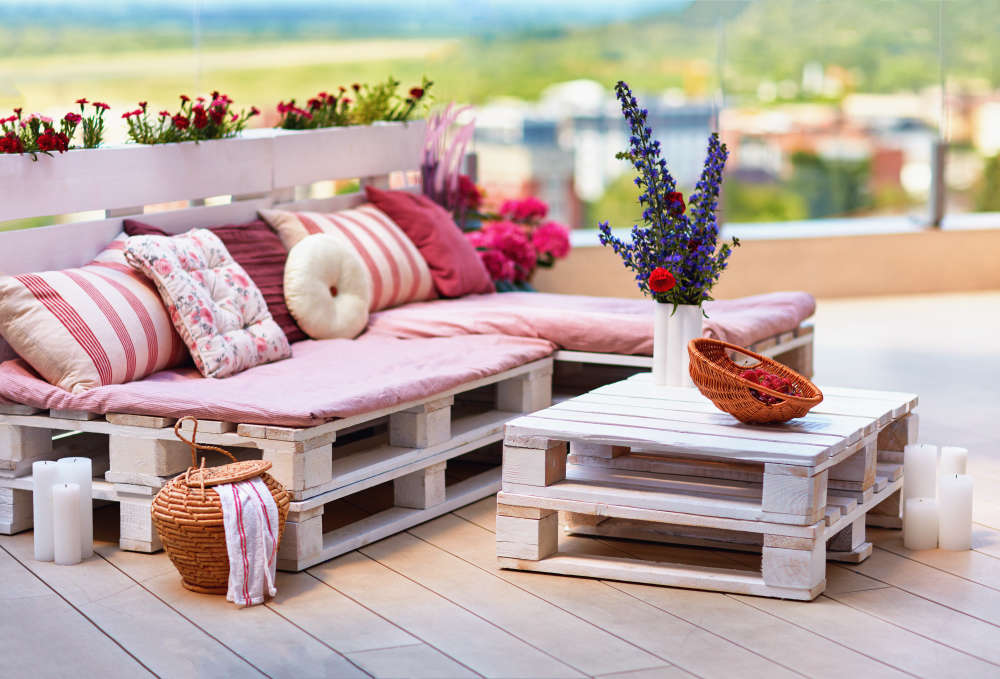 How to Make a Garden Sofa Out of Pallets
How to Make a Garden Sofa Out of Pallets
 How to Create a Festive Garden
How to Create a Festive Garden
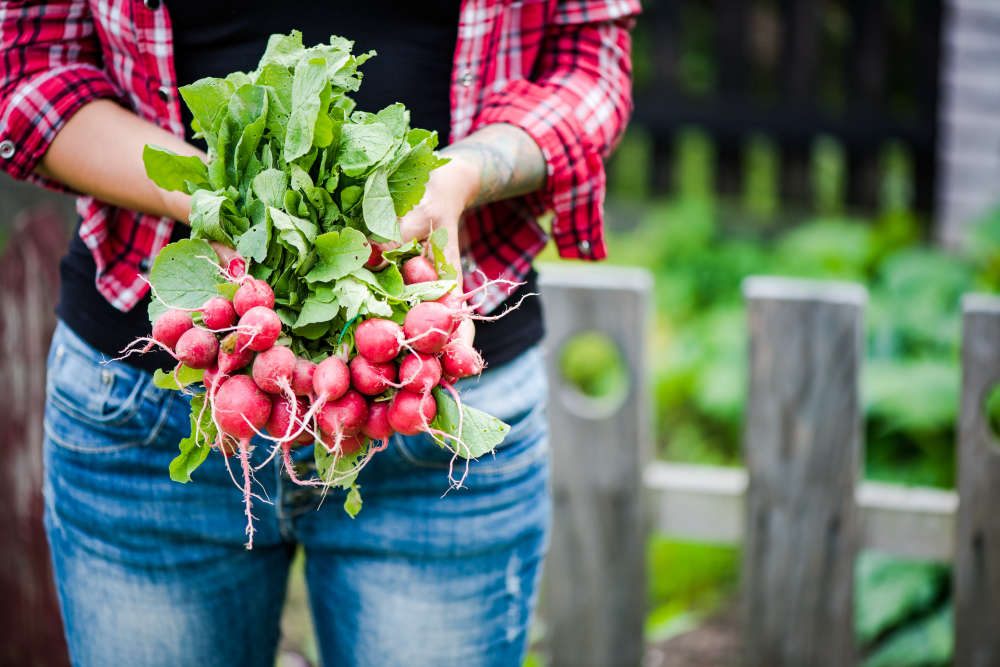 How to Grow Incredible Edibles
How to Grow Incredible Edibles